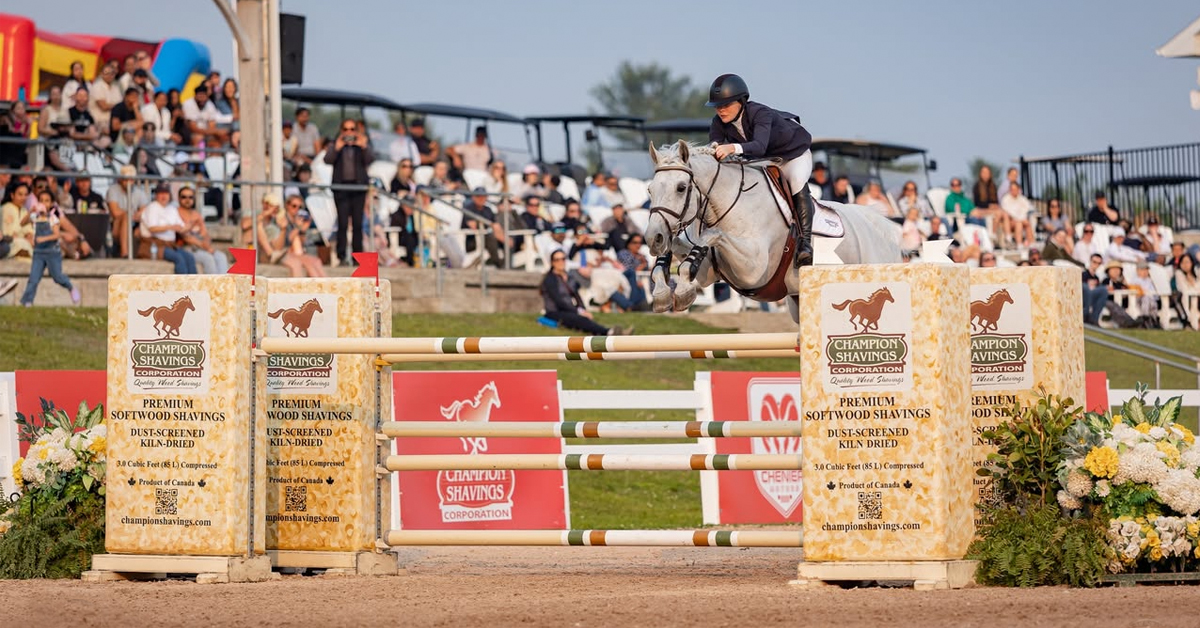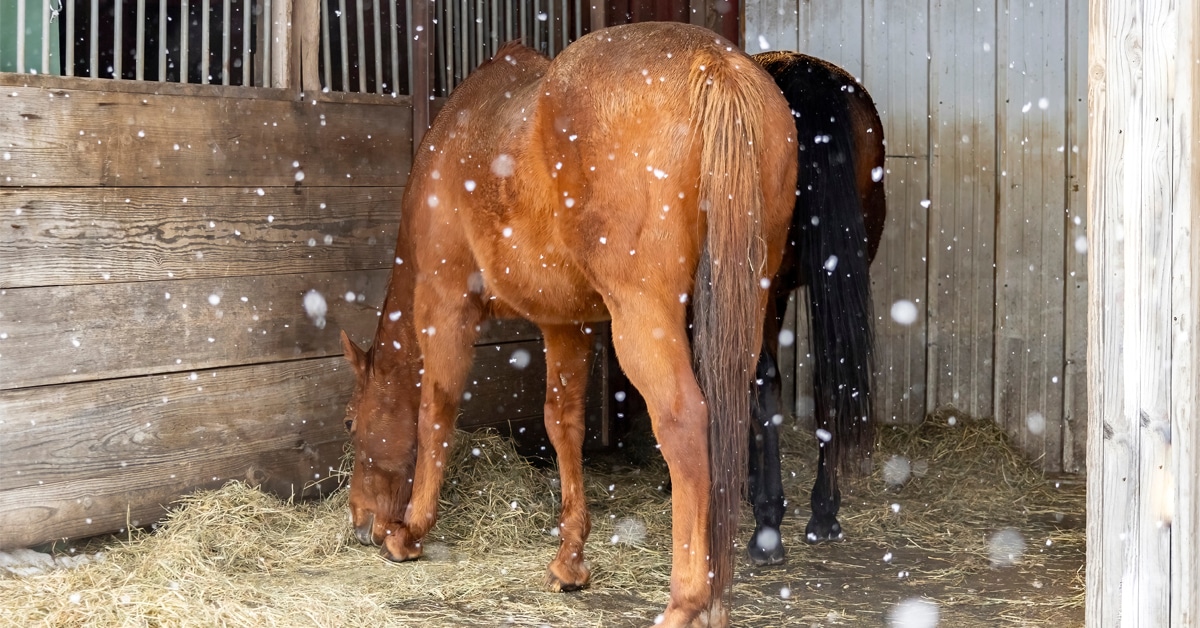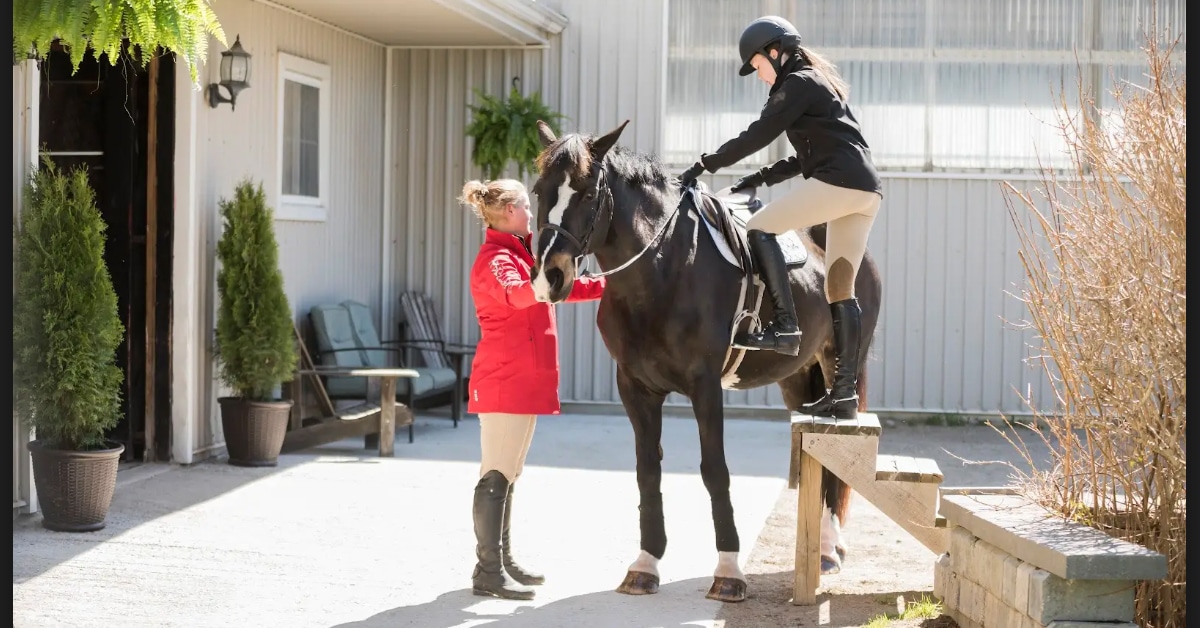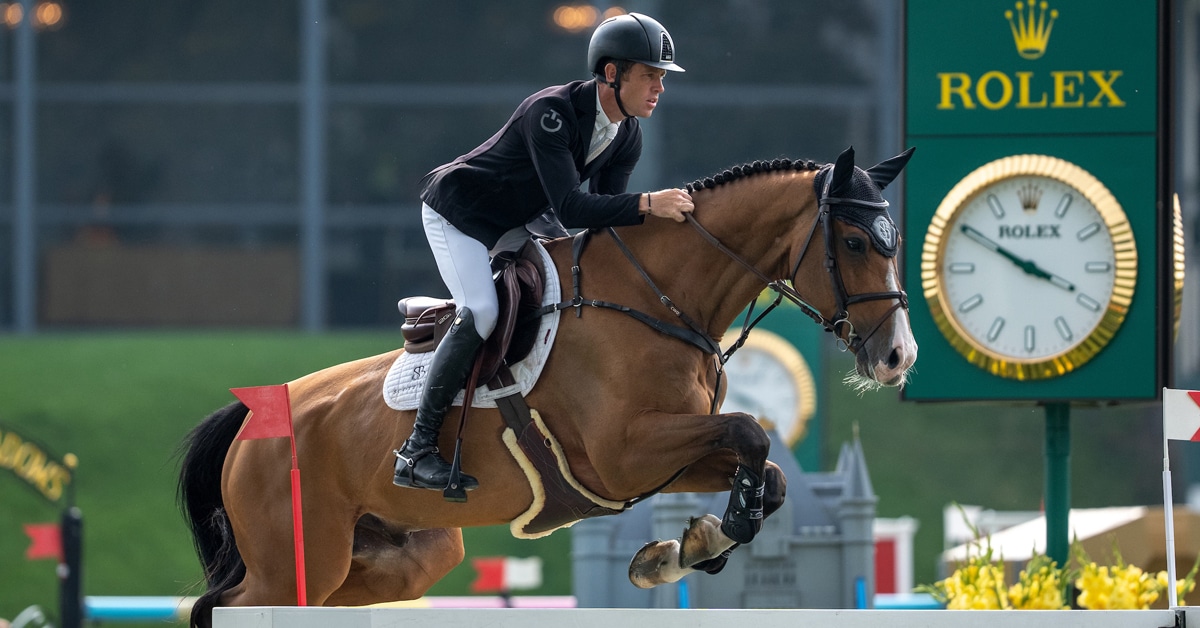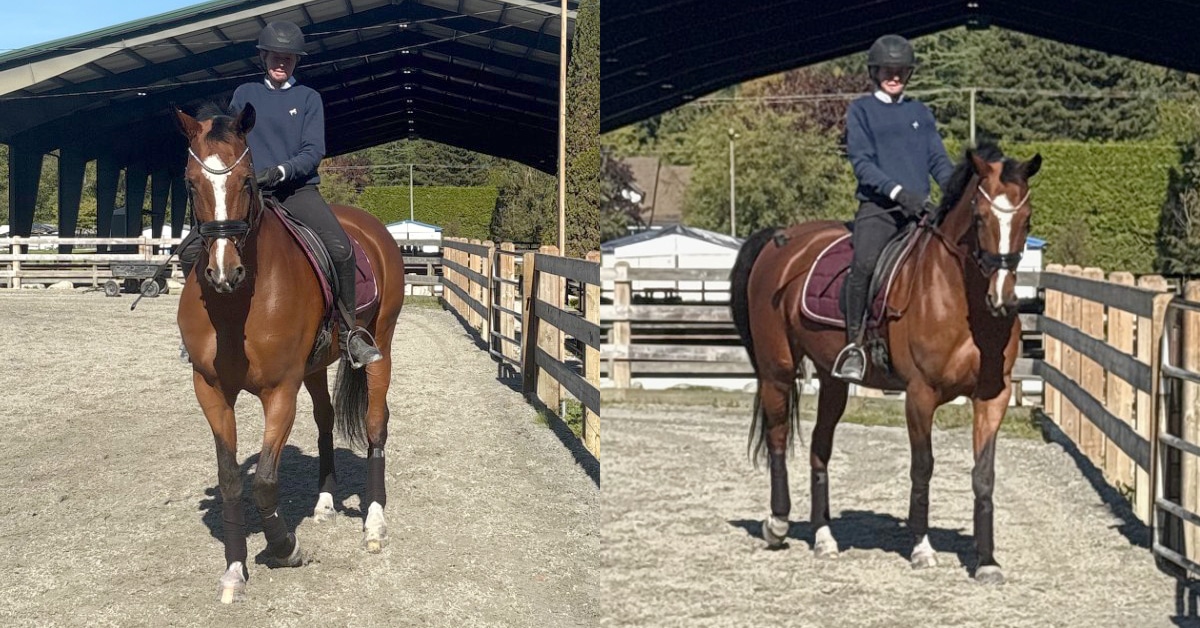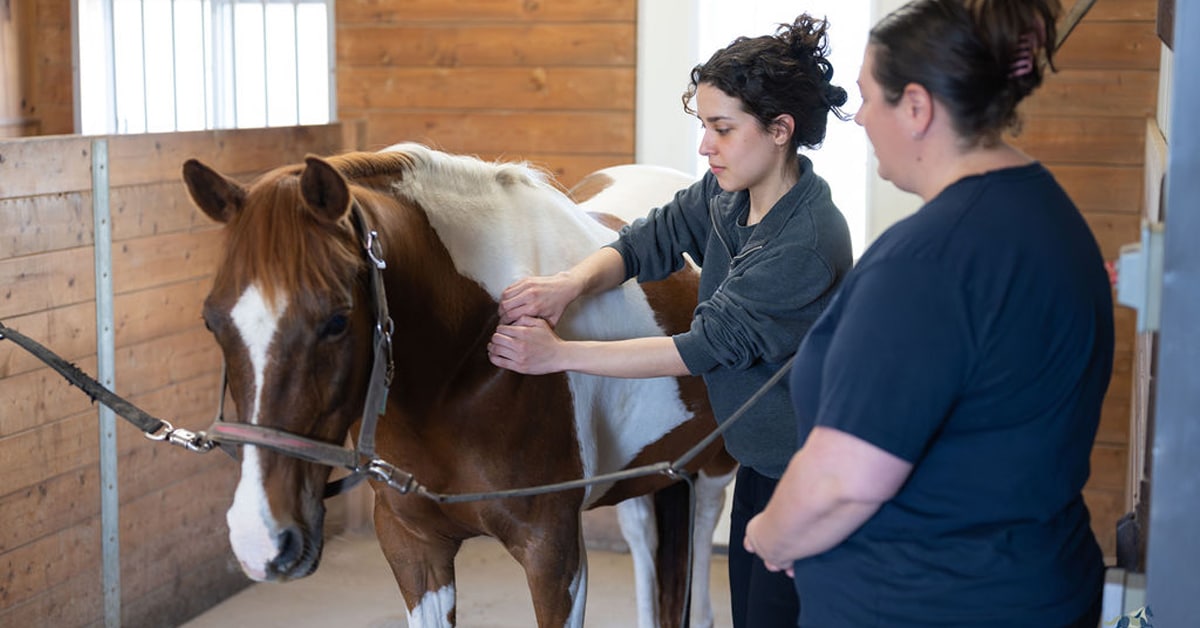Horse racing has been called the ‘sport of kings’. At the time that this grandiose title was assigned, the equestrian racing world was the domain of royalty, nobility, the landed gentry and the aristocracy. Far from being a sport for the masses, it was the realm of the few. For many, it was having the money to keep, breed, and race horses that ensured their interest, for others, their love of all things equine made this a natural pastime. Even in the days when this was the case, there was still money to be made, but mainly by those with plenty invested already.
How things have changed. Though the world of all things equestrian is still populated by often wealthy stable owners, it is no longer simply a playground for the posh, the wealthy, the gilded, it is now a sport that transcends social and financial boundaries. At any track, across the many horse racing countries of the world, you will find people from all walks of life, all discussing the latest horse races odds and, in some cases, some of those people may even have a stake in one of the runners. While previously race horse ownership was very much for royalty and attending a race meet was for the few, horse racing is now a global sport.
As well as people owning part of a horse, allowing for greater opportunities for those who may not be as wealthy as top breeders or stables, track as now visited by people from across the social divide. Beyond this, horse racing around the globe has, and continues to undergo a genuine revolution. Never before has it been so mainstream, never before has it been so popular. So, what factors have contributed to this? Quite a few, is the likely answer, so let’s see if we can look at some.
Racing Around the World: How Media Exposure Made This Sport Special
Television transformed many things. How we consume entertainment, news, and of course, how, where, and when we watch sport. In the early days of televisual sports coverage, it was unsurprisingly the major sports, and related events that were widely covered. Whether the soccer world cup or the Superbowl, the world series of Ashes cricket, certain sports were seen, others were not. With the advent of cable and satellite television, all this changed, and horse racing has become one of the major benefactors of this sports coverage explosion.
Thanks to satellite and cable television, horse racing of all varieties can now be found. From Aintree to the Kentucky Derby, daily race meetings from the UK to America, Europe to the Middle and Far East, coverage is wall to wall, around the clock and around the world. Beyond the races, this is now a sport that is showcased in a range of equestrian based entertainment, from movies to documentaries and more. As well as a sporting success, this media exposure has made it a commercial business success too.
Put simply, horse racing is now a global phenomenon. For punters, riders, owners, stable, and television networks, this is big business. Most countries now have dedicated channels just for horse racing, giving exposure to races from all over the world, bring new audiences to old events and helping create new events for the horse racing industry. Alongside this comes more money, more marketing opportunities, more expansion and more television rights. Overall, in addition to those working behind the scenes to promote, expand, and develop horse racing, media exposure continues to be a powerful force that is being expertly harnessed.
From The Casual to The Committed, Horse-Racing Fans Enjoying Global Access
We’ve detailed the role of television in the revolution of horse racing around the globe, but we cannot do this subject justice without discussing how the internet has also has a transformative impact. Just as the ownership of race horses has gone from the sole preserve of the aristocracy to the advent of horse racing micro shares making such ownership more accessible, the online world has made watching the sport more egalitarian too. When online streaming and online viewing penetrated the sports watching world, horse racing was not left behind.
Take a look online and you will find hundreds, perhaps thousands of channels and streaming platforms dedicated to bringing horse racing to the masses. Live, from wherever races are happening, spanning continents and time zones, serving the casual horse racing fans and the committed equestrian devotee audiences alike. This unrivalled global access has done two things: it has brought new horse racing fans into the fold and has created a genuinely worldwide audience landscape that allows more people to view more races than ever before.
Much like television before it, and in some ways television networks are still part of this, the online arena has revolutionised how horse racing is enjoyed and consumed. From placing a bet to watching races around the clock, between television and online platforms, horse racing is now ubiquitous. How far we have come from the days of aristocratic exclusivity to horse racing for everyone, now that is what I would call a revolution for the erstwhile ‘sport of kings’.
The Latest
